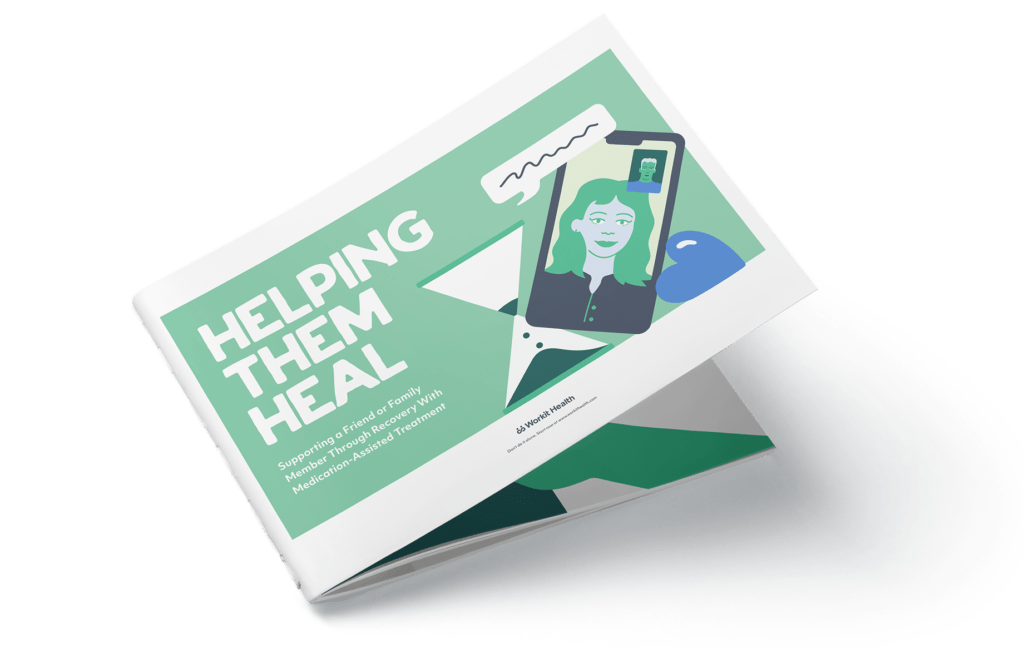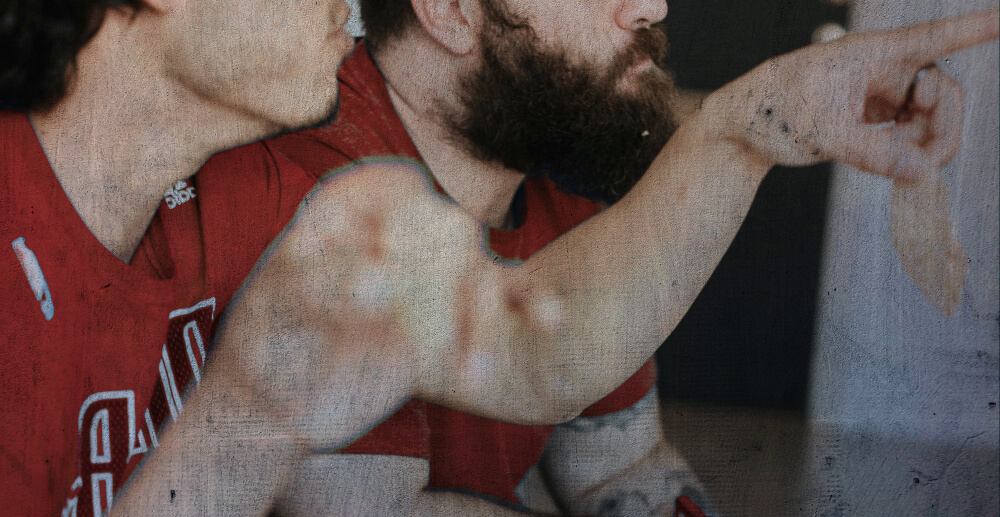I called my sponsor and told him I was writing a piece about emotional sobriety, what it was, and why I didn’t feel like I had it at 11.5 years sober.
“You have emotional sobriety, honey,” he said.
“I do?” I asked hopefully.
“No. Absolutely not,” he answered.
I burst out laughing. Disappointed but not surprised. I decided to delve into this mystery of “emotional sobriety.” What is it? How can I get it? Why don’t I have it yet?
Defining emotional sobriety
Emotional sobriety, according to my sponsor, is “conscious consistent behavior that is based in the 12-step principles of common welfare: unity, love and tolerance, integrity, graciousness (i.e. giving others the benefit of the doubt), forgiveness, humility, and service.” Oof. I mean, we can all do that sometimes but doing it CONSISTENTLY is difficult (read: impossible).
For those of you who aren’t 12-step and/or who need a translation, it’s basically emotional balance—not being overly reactive or lashing out. It’s managing your emotions in a healthy way for yourself and the people around you, and not letting your emotions control you. (I think I’d need a lobotomy for that, but okay.)
Of course, those of us in 12-step recovery need our own name for this. (Eyeroll). It can’t just be something simple like “don’t be a dick” or “be a nice person.” It has to be something so ornate and confusing that even at over a decade of sobriety, you still have to ask your sponsor what in the fuck it means.
Some folks struggle with emotional sobriety more than others
To be fair, all people lack of emotional consistency to some degree … but there are some groups who seem to me to lack it more. These commonly include teenagers, people who misuse substances, and even people in early recovery from substance abuse. Based on my personal experience, I’d add people with trauma, mental illness, personality disorders, and traumatic brain injuries. When I cracked my head open from a seizure and had a severe concussion, my emotional sobriety was nonexistent. I was shockingly impulsive and violent, wildly reactive, and emotionally volatile. Wait! That sounds like me today (except for the violence. Getting arrested for a violent felony will really put a damper on any proclivity toward violence and teach you to keep your hands to yourself. Thanks, West Hollywood sheriffs!).
Almost everyone grows up egocentric, thinking the world revolves around us. Moving beyond that—developing an awareness of others, learning concern for other people, and getting out of the “Me, Me, Me!” trap—is a process. Part of this process is the realization and acceptance that, no, the world does not owe us and, nope, life is not fair. In many ways, it’s growing up.
There’s a widely held notion that we stop maturing when we start using or drinking. So when we get sober, we begin our emotional development back at the age at which we first picked up. I’m not sure I buy that, but it’s a good excuse when I lose my mind because somebody cuts in line at Sprouts or my road rage scares a small child or a romantic prospect.
We all have to learn to give ourselves some grace
So, at eleven and half years sober, why don’t I feel like I have this magical mystical “emotional sobriety” that makes being on the planet without drugs or alcohol bearable and has come to serve as the marker of an evolved sober person?
Well, first of all, recovery is not a destination, it’s a practice. Given where I was in early recovery, the development of my emotional sobriety over time—as tenuous and infantile as it may seem to myself or others—is actually pretty impressive. I have zero problems admitting that I started off way lower down on the ladder. It’s key that we don’t compare ourselves to others but instead compare ourselves to where we were yesterday or a decade ago.
Also, any time we have a challenge or big stressor in our life, for instance, a divorce, a breakup, sickness, bankruptcy, or the death of a loved one, it’s understandable if we tend to get a bit wobbly. It’s hard to maintain the hallmark consistency of emotional sobriety when our emotions are all over the place. So be gentle with yourself. You’re just trying to get through the event as intact as possible. Your path through doesn’t have to look good or be graceful. Healing rarely is.
My emotional sobriety may not be great, but it’s getting better
Taking into consideration, my mental illnesses (depression and borderline personality disorder), my epilepsy, my childhood wounds, financial insecurity, a new relationship, and both my parents dying in the last two years, I’m having a tougher time with emotional sobriety right now than normal. I’ll admit I have never been the poster child. However, if I compare how I am now to when I first got sober … I’m unrecognizable! I don’t throw or kick chairs anymore. I don’t slam doors (it’s dramatic, but bad for the hinge). I haven’t punched anybody in YEARS. I don’t say the soul-crushing things that come into my mind during an argument. I say please and thank you. I put back my shopping cart. I keep my word. I apologize when I drop the ball. I actually think about other people sometimes. For now, that’s good enough for me.
My emotional sobriety is a work in progress, but I’m grateful to be able to say I am making progress. And I plan to continue.





